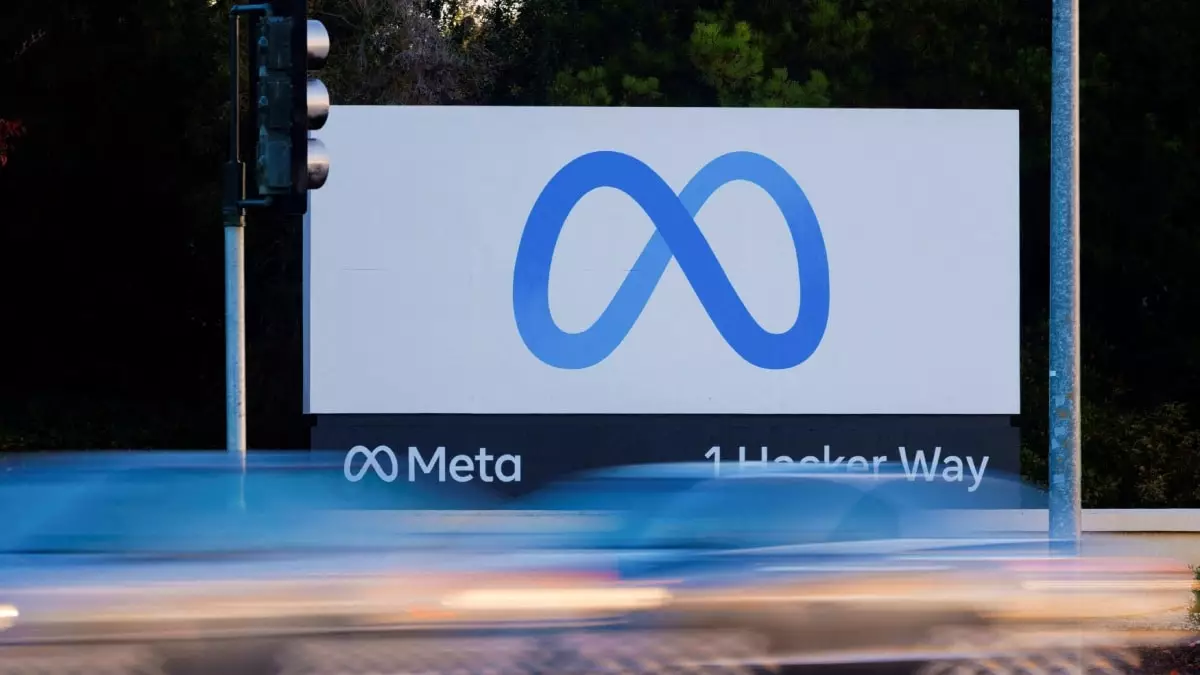The recent €798 million fine imposed on Meta Platforms Inc. by European Union regulators represents not only a significant financial penalty but also a pivotal moment in the ongoing battle between tech giants and regulatory bodies. This article delves into the ramifications of this decision, analyzing its implications for Meta, the broader tech industry, and the evolution of antitrust legislation in Europe and beyond.
The European Commission’s ruling came in response to Meta’s alleged practice of tying its Marketplace service to its social media platform, Facebook. This practice is viewed as a strategy to leverage Facebook’s extensive user base to benefit its own services while disadvantaging competitors. EU antitrust chief Margrethe Vestager articulated that Meta’s actions included imposing unfair trading conditions on rival second-hand goods platforms, effectively stifling competition and restricting consumer choice. This ruling marks a significant moment as it highlights the EU’s commitment to ensuring fair competitive practices in the tech sector.
The ruling sheds light on a broader trend of regulators scrutinizing the practices of major tech companies, particularly those that dominate the digital marketplace. Meta’s actions were characterized by an exploitation of its vast user data, including data from competitors who elect to advertise on Facebook. Industry experts weigh in on how such practices not only endanger competitors but also raise questions about consumer privacy and market fairness.
This decision is part of a series of escalating actions against major tech firms, especially those based in Silicon Valley. The EU has historically been at the forefront of antitrust enforcement, recently carrying out extensive investigations into other firms such as Google and Amazon. The heavy fines, which have totaled billions of euros over the past decade, indicate a shift towards regulatory bodies taking a firmer stance against perceived monopolistic behaviors.
Interestingly, Meta is not the only company to feel the heat; Amazon previously avoided EU fines by pledging to change its business practices relating to sales data. These varying outcomes could lead to questions about fairness and consistency in regulatory approaches and the potential for different interpretations of what constitutes unfair market practices.
The fine imposed on Meta may also serve as a watershed moment in current discussions about potential structural changes being considered for tech companies. The regulatory landscape is evolving, with new legislative frameworks like the Digital Markets Act promising to establish clear ground rules for tech giants. These laws are aimed at preventing monopolistic practices and ensuring that no single company can dominate the market at the expense of competitors.
In response to the fine and the ongoing scrutiny, Meta has announced its intention to appeal the ruling, claiming that the fine overlooks the realities of a competitive European marketplace. Meta’s management asserts that this ruling unduly favors established players by not accounting for the innovations and changes prompted by its presence in the market. This stance signals Meta’s long-standing belief that its products ultimately benefit consumers and drive competition.
Meta’s financial outlook remains robust, with reported sales of $40.6 billion in the last quarter, marking a 19 percent increase year-over-year. Despite these impressive earnings, the company faces the challenge of reassuring investors and stakeholders amid increasing regulatory pressures. The backlash against Meta is exacerbated by external factors, such as fierce competition from alternative platforms like Bluesky, especially following Donald Trump’s re-election and his derogatory remarks about Facebook. This serves to illustrate the shifting landscape of social media and consumer preferences.
As the EU continues to refine its approach to regulating tech platforms, companies are feeling the impact of these stringent measures. Compliance with new legislation and adherence to fair-use practices are likely to be focal points for tech firms operating within Europe. The repercussions of the antitrust ruling on Meta could lead to a ripple effect across other major corporations, prompting them to reevaluate their business practices to mitigate potential penalties.
Moreover, the intensity of this enforcement could lead to a tougher regulatory atmosphere in the U.S., inspiring regulators there to adopt similar strategies for controlling the power of tech giants. With antitrust discussions gaining momentum in Washington, stakeholders must prepare for an era where regulatory oversight could redefine operating dynamics in the tech landscape.
The €798 million fine placed on Meta Platforms Inc. is more than a mere financial penalty; it marks a significant moment in the evolving landscape of antitrust enforcement in Europe and could have ramifications for the entire tech industry. As regulators worldwide look to strike a balance between fostering innovation and ensuring fair competition, the outcome of Meta’s appeal and compliance with new regulations will be closely watched.

